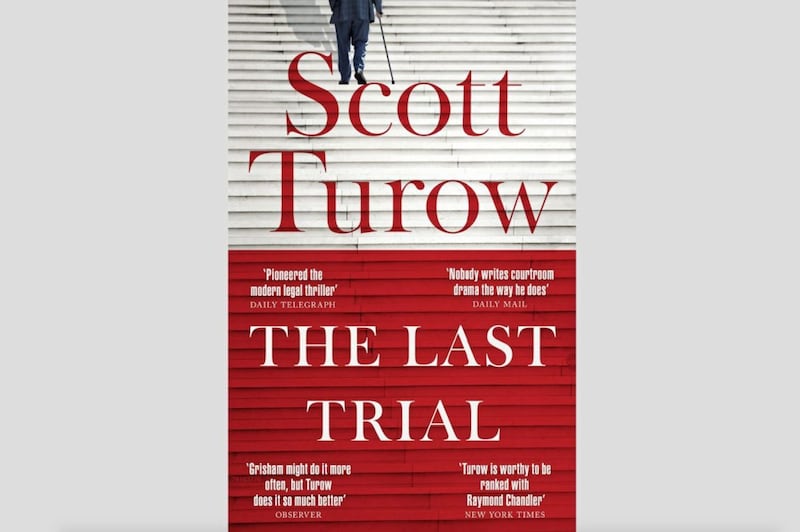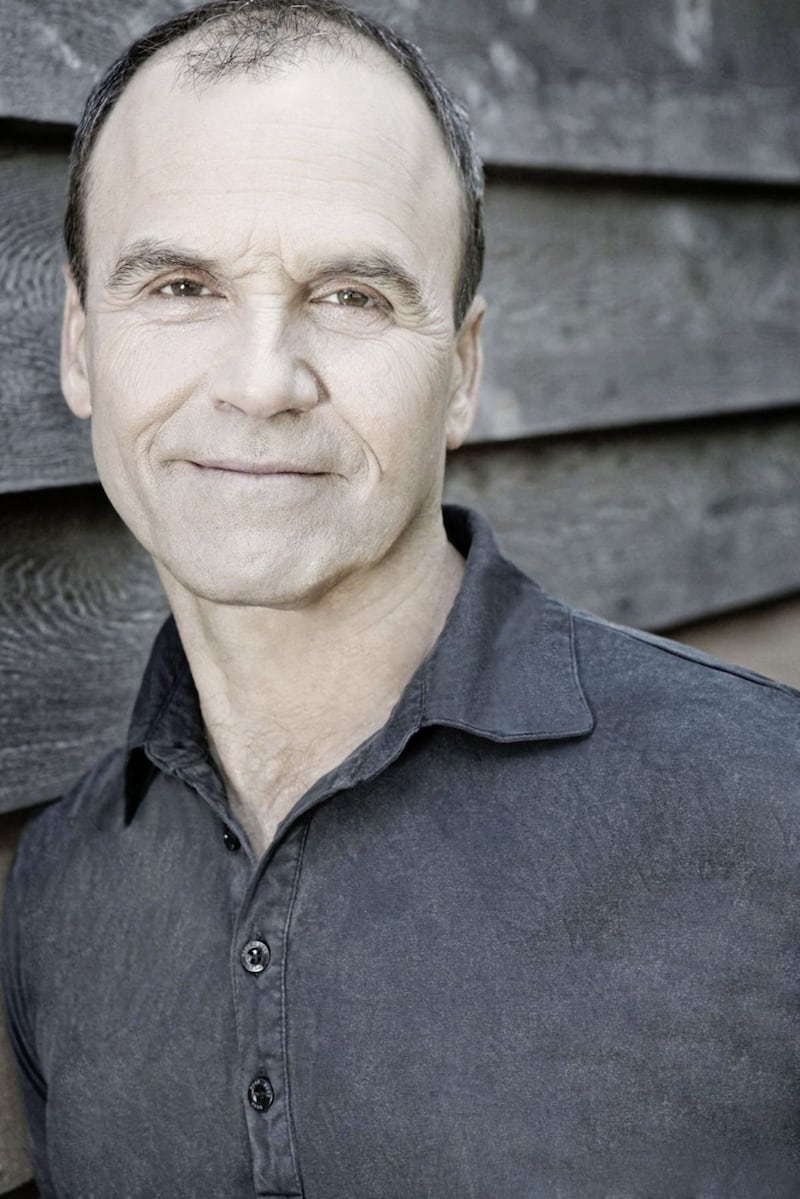LOCKDOWN is providing the rare treat of relaxation for bestselling legal thriller writer Scott Turow in the Florida sunshine where he spends his winters.
But he reckons he and his second wife, banking executive Adriane Glazier, will be holed up there for most of the year – and seems to be enjoying every minute.
Unlike his peers including John Grisham and Lisa Scottoline, who gave up their legal careers to turn to writing full-time, Turow has remained a practising lawyer, dividing his time between taking on cases, some pro-bono, from his Chicago base, and writing bestselling legal thrillers.
"For decades, I've been a part-time lawyer," the genial author and partner with international law firm Dentons explains.
"Most days I'm a writer. On the other hand we had a brief to file last week, so everything else gets pushed aside. You have to be wise about what to take on. But I'm sure that five years from now, I'm not going to be practising law anymore. It has a natural tendency to wind down."
It may be three decades since his debut novel Presumed Innocent was adapted into a hit movie starring Harrison Ford and Greta Scacchi, but his star is far from being on the wane.
Turow turned 71 in April but shows no signs of slowing down. He's written 11 bestselling novels and three non-fiction books, which have been translated into more than 40 languages and sold more than 30 million copies.
In his latest thriller, The Last Trial, we see the return of the familiar defence attorney Sandy Stern, who first appeared in Presumed Innocent but is now 85 and taking his last case defending his long-time friend, a Nobel-decorated doctor and medical researcher accused of murder, fraud and insider training.
The story unfolds around a new anti-cancer wonder drug, g-Livia, pioneered by the doctor's research company, which initially promised amazing results and saved Stern from an early death from lung cancer, but has allegedly led to the death of other test subjects.
The doctor is also accused of altering data to hide the problem from the medical authorities and of selling off a large slice of stock before the data was made public.

All the trademark Turow twists and turns are there, as well as meticulous research into the difficulties in bringing a new drug to market.
The irony of penning a story which highlights such a dilemma isn't lost on Turow, as the real-life quest to find a Covid-19 vaccine continues.
"The timing is good. If people don't understand why there's not a vaccine tomorrow, this book will help them understand it. I admit that I didn't have as great an appreciation as I should have, of the dilemmas that the pharmaceutical companies face and the immense amount of money they waste on drugs that are thought to be effective that turn out not to be."
Over the years, Turow's work has been adapted for both TV and film – and there is interest from Hollywood studios in adapting The Last Trial, although he's cautious about the outcome.
"This is not typical Hollywood demographics. An 85-year-old man and an elderly defendant is not what Hollywood is typically looking for, but the world of TV these days is much broader. We'll see what happens."
With no thoughts of retirement, Turow reflects that ageing has its up-side.
"There are compensations. I have five grandchildren now and it's wonderful. It's as exciting as anything in my life to watch them grow up."
He married for the second time four years ago.
"To be honest, it was my wife's strong desire to get married which was the principal driver – as it happens she was right. I felt we had a great relationship but there's something really great which emerges from that lifetime commitment.
"I was like a lot of guys, thinking, 'What's the difference? We're not going to have kids together, we're committed to each other.' I had no thoughts of leaving this woman.
"But I didn't consider what marriage would add to the relationship."

His divorce from artist Annette Weisberg, after nearly 40 years of marriage – they had three children together – had initially put him off getting married again, he admits.
"There's nothing about the process of divorce that would make anyone want to repeat it, but the saying that a second marriage is a triumph of hope over experience is certainly the case.
"I have a wonderful relationship now with my ex-wife. We're in steady communication usually about our kids and our grandchildren. I'm sure our kids are always thinking, why couldn't the two of you have treated each other that way when you were married?"
Marriage second time around is very different, he reflects.
"You're not going through the daily toil of child-rearing, which frankly takes your attention away from each other. In the case of my [first] marriage, I don't think we came out well at the other end of that process."
When not in lockdown, he plays golf and tennis and spends a lot of time with his children and grandchildren and is also looking forward to meeting up with his band The Rock Bottom Remainders – a group of top novelists including Stephen King, who between them have published more than 150 titles and sold more than 350 million books, although their musical skills are questionable, he muses.
Though Presumed Innocent, published in 1987, made Turow an 'overnight success', he points out that he'd written three unpublished novels before hitting the big time.
"'Overnight' was really 20 years," he says wryly. "That tempered my inclination to get carried away with myself."
The Last Trial by Scott Turow is published by Mantle on May 28, priced £20 hardback.



